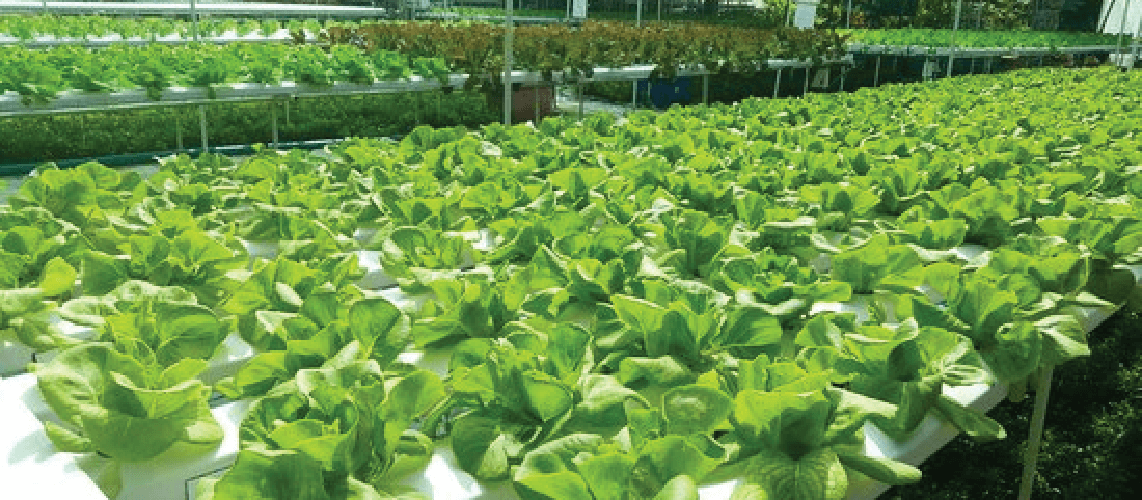VERTICAL FARMING IN UAE

What is vertical farming?
Vertical farming involves growing food vertically by stacking layers on top of each other. Vertical farming in UAE is often done indoors, such as in a warehouse or greenhouse, using the modern concept of vertical farming that employs Controlled-Environment Agriculture (CEA) technology. CEA facilities regulate humidity, temperature, irrigation, nutrient delivery, artificial lighting, etc.
BENEFITS
What are the Benefits of Vertical Farming?
Due to the UAE's water scarcity, vertical farming has proven to be a blessing in disguise. Furthermore, the method was successful throughout the year. Instead of soil, plants in this environment feed on a nutrient solution. This system regulates temperature and humidity in a controlled container.
Vertical microgreen farming in Dubai, UAE, has produced significant results. Uns Farms has now discovered an improved method of growing plants. It has resulted in a substantial decrease in water consumption, which has greatly aided the country. Hydroponics farming in Dubai has also proven to help the country's economy and people extensively.
1. 95% Water savings in vertical Farming comparison to soil farming
2. 80% space savings in comparison to conventional hydroponics farming
3. Low energy footprint
4. Nutrient density - aeroponics crops are grown on a tower garden feature can increase nutrient density and antioxidant levels.
5. Fewer pesticides are used in vertical Farming
6. Versatility: Vertical farms can be set up outdoors in a greenhouse, indoors with LED lights or even on a rooftop
ADVANTAGES
What are the advantages of Vertical Farming in UAE?
1. Crop production all year round.
2. Protection from inclement weather.
3. No pesticides, herbicides, or insects.
4. Reduced or eliminated food spoilage as transportation distances are reduced, and productivity is consumed soon after harvest.
5. It may reduce the use of fossil fuels by reducing or eliminating the use of hydrocarbons required for transportation, farm equipment, or fertilizer production.
6. Removes the need to convert natural land to farmland.
7. It eliminates agricultural runoff.
8. Makes use of abandoned or unused properties.
9. Improves the resilience of cities.
10. Water recycling solutions use 95% less water than conventional farming.

VERTICAL FARMING FOR THE FUTURE
The fact that vertical farming holds so much promise may say more about the increasing perils of conventional agriculture in the age of climate change.Uns Farms is an indoor vertical farm in UAE that is growing high quality, pesticide-free, farm-fresh local produce that includes greens like kale, mustard, basil, lettuce, eggplant, capsicum, apart from a wide variety of crops ranging from leafy to micro greens in a controlled, indoor environment using hydroponic technology and LED lights.

